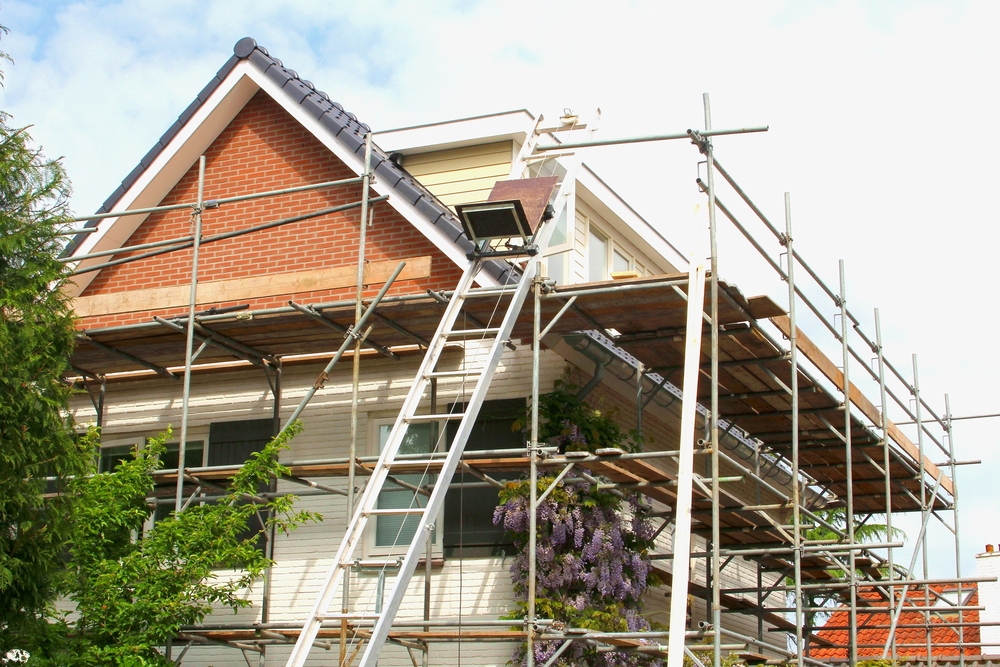Having your own home is still an important part of the American dream. But along with the joys of home ownership come the responsibilities. First, you must prepare yourself financially for the big step. Then, you must navigate the process of purchasing an appropriate property. Here are 10 important things to know before you buy a home.
1 – Calculate Your Income and Expenses Carefully

Purchasing a home involves a number of steps to make the decision financially possible. You must save a certain amount of money for your down payment. You must ensure you have sufficient income to make the required monthly mortgage payments. You must be able to finance necessary repairs, taxes and insurance for the property. Take an honest assessment of your financial condition and what will be required to maintain the home.
2 – Pay Off Your Old Debt
Before you make the move to owning a home, pay off as much as your old debt as possible. This will free up your money for your purchase and will also help you to get a better interest rate on a mortgage. You can also use that extra money for re-decorating, remodeling and other changes.
3 – Call in A Home Inspection Service
A home inspector can evaluate the essential systems in the home, such as the roofing, heating system, plumbing and electrical system. If a problem exists, repairs may add significantly to the cost of purchasing the home.
4 – Look For Ways to Expand Existing Space
If you plan on staying in a home for a number of years, consider whether the structure has space for your expanding needs. The home may have an unfinished basement or small niche that could be make into a separate room.

5 – Consider the Amount of Maintenance That Will Be Involved
A big yard may seem like an advantage, until you have to do the mowing every weekend. Wood shingle siding provides a great appearance, but they need significant maintenance to look good. A long driveway will need snow removal throughout the winter. Be aware of the time and money involved in keeping the property well maintained.
6 – Check Out Available Transportation Routes
A property may be attractive and may seem to suit your needs, but if it is far from major highways and transportation routes, it may be a great inconvenience for commuting to work, to school or to shopping venues.
7 – Explore the Neighborhood Thoroughly
Many times, you can change the interior and exterior of a home, but you can never change the neighborhood. Explore the area in details for problems, such as noise distractions, distance from schools, heavy traffic or other details that may affect quality of life.
8 – Be Realistic About Changes You Can Make To A Property
Some homes offer the ability to re-model easily or expand the structure onto the lot. Others have built-in limitation that will prevent making these changes. Take these limits into account in your planning.
9 – Consider Property Taxes in Your Choice of Home
Property taxes can vary widely from one community to another. You may find an affordable home in a desirable community, but the property taxes may be extremely high, making it difficult to afford other expenses in daily life. Make sure you know what you will be expected to pay in property taxes and how likely they will be to be raised in the future.
10 – Don’t Low-Ball Your Price Offer Too Much

If you find the right property, in the right price range, with the right amenities, don’t try to lowball your offer. If it’s as good as you think, there will probably be other buyers that see the advantages and will be ready to offer a higher price. Take your real estate’s advice about making your offer.
Taking on the responsibility and expense of owning your home should be a thoughtful decision that you make with solid facts and a clear understanding of what’s involved. If you do your research and preparation ahead of time, you will be in a better position to make the most of this important investment.










